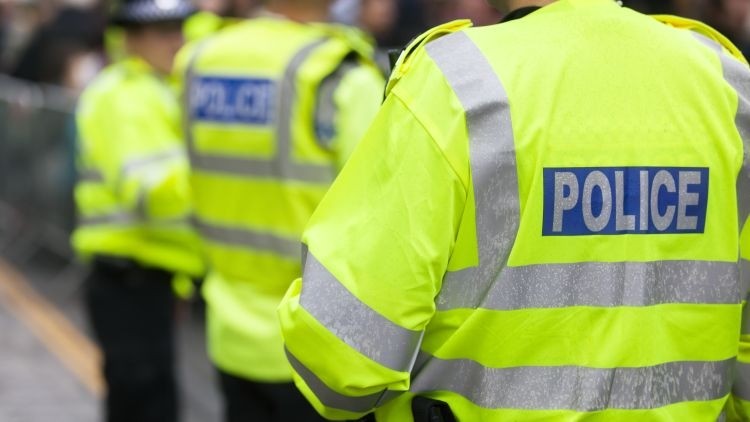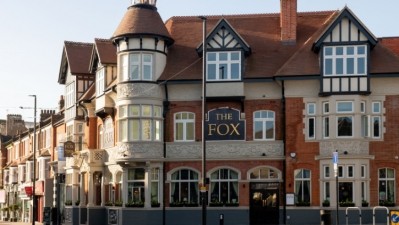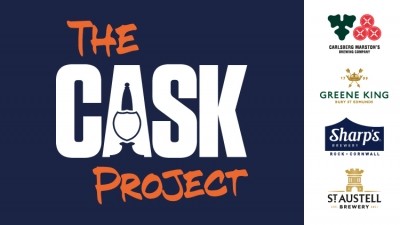Licensing hub - legal with Poppleson Allen
Reminder on reviews

Beyond the publicised cases, my personal experience indicates that there has been a significant number of reviews in recent times. Part of this will undoubtedly be due to the busy Christmas period, exacerbated on this occasion by a World Cup taking place in December. All of this conspired to further fuel the normal festive spirit, bringing with it associated risks from a premises licence holder’s perspective.
There are two distinct types of review, the first being what I would call the “normal” review process and the second being the expedited or summary review process.
A normal review can be brought by any responsible authority or ‘other person’ (e.g. local residents) in respect of any concerns which may suggest a failure to promote any of the licensing pbjectives.
The police may bring such a review because they have run out of patience with premises management in trying to prevent recurring instances of crime and disorder. Equally, an environmental health officer or indeed local residents may bring a review because of continuing noise break out from the premises. Occasionally, reviews are also brought in circumstances relating to the employment of illegal workers or the selling of counterfeit alcohol or cigarettes.
Process start
The process begins with the premises licence holder and licensing authority being notified of the review application by whoever decides to bring it. A notice is then placed outside the premises for a period of 28 days and during that 28 day period other parties may join in to the review by making a representation to the local licensing authority.
At the end of the 28day period, the council must schedule a hearing within 20 working days when the licensing committee will hear all sides of the case and make its decision. The possible outcomes can range from removal of the designated premises supervisor to modification of conditions on the licence or, in the most serious cases, a period of suspension of the licence or even outright revocation of it.
While normal reviews are serious and certainly not to be taken lightly, it is the expedited review process which is undoubtedly the more serious and business-threatening of the two.
An expedited review can only be brought by the police and requires a superintendent to sign off on a certificate indicating that the premises are associated with “serious crime or serious disorder or both”.
A hearing will then be convened within 48 hours to determine any “interim steps” which are required in the run up to the inevitable full review of the premises licence which will follow. That initial hearing normally includes the premises licence holder but can be held behind closed doors with a decision being made and the premises licence holder given the right to challenge it, by way of a further hearing thereafter.
Licence suspension
The most common interim step, sought by the police, is that of suspension of the premises licence pending the full review. Experience dictates that in the vast majority of such cases, a suspension will be imposed.
The matter is then listed for a full hearing within 28 days, which will be conducted in the same manner as under the normal review process. It also has the same range of outcomes.
The prospect of having a licence suspended pending a full review is menacing enough, but the other downside of an expedited review, is that in the event that the licence is ultimately revoked, the suspension may be ordered to stay in place pending appeal. This is quite different from the normal review process, where the decision does not bite for 21 days or indeed until such time as an appeal has been determined.
So the consequences in terms of the licence can be fairly dire, but it must also be borne in mind that there may be significant adverse publicity as a result of either type of review being instigated. In addition, even if the licence is not suspended under an expedited review, the premises will be under significant pressure to rein in its operation and make sure there are not any further problems associated with the premises, in the run up to the full review hearing. Indeed, this commercial pressure would undoubtedly continue through any appeal process.
All of this provides a timely reminder of the importance of dealing with problems as soon as they arise and engaging fully with the relevant authorities, if they raise any concerns. The review process is best avoided, with it being a much better idea to take a potential commercial hit voluntarily to resolve any issues, rather than having the situation forced upon you by formal proceedings.
- Graeme Cushion is a partner at Poppleton Allen solicitors.







